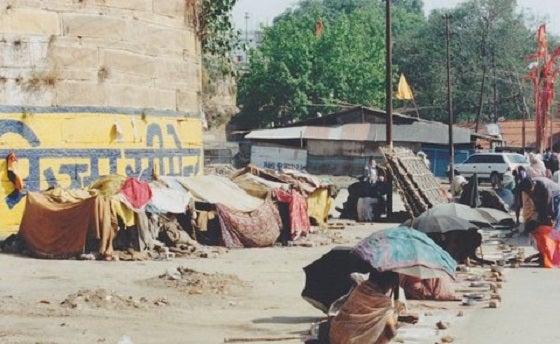548 : Can Minimum Income Schemes and Loan Waivers help Farmers in India?
Amitendu Palit and Vani Swarupa Murali
18 March 2019The Indian Prime Minister Narendra Modi launched the PM-Kisan Samman Nidhi Scheme on 24 February 2019. Involving an expenditure of ₹750 billion (S$15 billion), the scheme would provide a minimum income of ₹6,000 (S$117) per year to around 120 million small and marginal farmers. The scheme has been criticized by many as a populist effort by the Modi government for securing the votes of farmers. As this paper argues, Indian political parties are shying away from implementing policies that could have helped in increasing farmer incomes. Efforts like amending state Agricultural Produce Marketing Committee (APMC) Acts and encouraging large investments in food supply chains can help farmers in reaching wider markers and getting higher prices. Unfortunately, these are being avoided in favour of politically appealing, but economically suboptimal options, like loan waivers and minimum income.
-
 More From :
More From :
-
 Tags :
Tags :
-
 Download PDF
Download PDF



